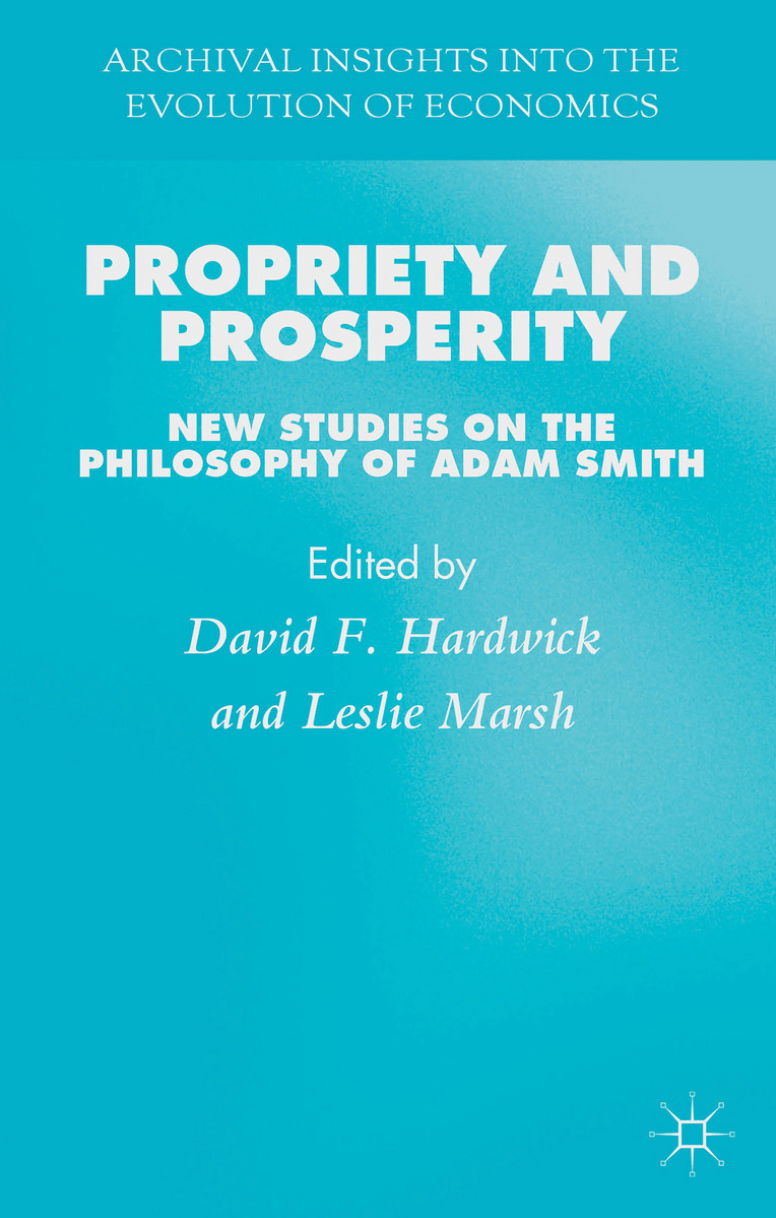Smith, Justice, and the Scope of the Political
There was a time when many commentators thought that there was a problem with Adam Smith. The tendency to read Smith’s thought as marred by supposed tensions between the ‘sympathy’ of The Theory of Moral Sentiments (TMS) and the ‘selfishness’ of The Wealth of Nations (WN) has long since been debunked. Smith scholars are coming…


